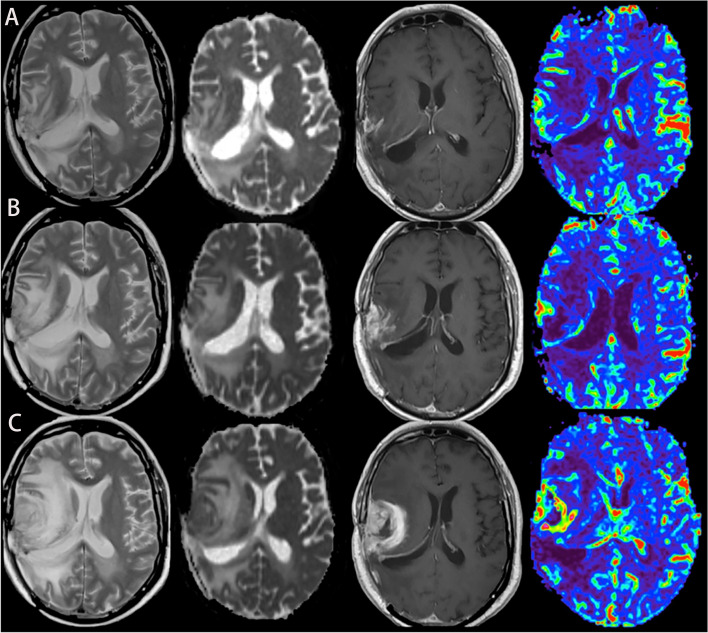Mental Health
Atypical Depression Boosts Obesity Risk
Depression may increase the risk of obesity, new research suggests. Researchers found that major depression disorder with atypical features like mood reactivity can significantly increase the risk of obesity.
Researchers explain that MDD with atypical features can boost obesity because people with it could experience increased appetite or weight gain when positive things happen in their life.
Lead researcher Aurélie M. Lasserre, M.D., of Lausanne University Hospital, Switzerland, and colleagues note that the latest findings are extremely important because both MDD and obesity have tremendous public health impacts worldwide. Researchers believe that understanding the link between these two conditions could soften their weight on public health.
The latest study involved 3,054 residents with average age nearly 50 years from Lausanne, Switzerland. Researchers looked at changes in body mass index, waist circumference and fat mass during follow-up.
At the beginning of the study, 7.6 percent of participants had major depression disorder, and among these 10 percent had atypical and melancholic episodes, 14 percent had atypical episodes, 29 percent had melancholic episodes and 48 percent had unspecified episodes.
The findings linked major depression disorder with atypical features with greater increase in adiposity, obesity and waist circumference in both men and women. The disorder was also linked to greater fat mass in men.
Furthermore, a higher BMI increase in participants suffering major depression disorder with atypical features also was not temporary and maintained even after remission of the depressive episode.
"For the clinician, the atypical subtype deserves particular attention because this subtype is a strong predictor of adiposity. Accordingly, the screening of atypical features and, in particular, increased appetite in individuals with depression is crucial. The prescription of appetite-stimulating medication should be avoided in these patients and dietary measures during depressive episodes with atypical features are advocated," researchers wrote in the study.
The findings were published June 4 in the journal JAMA Psychiatry.









Join the Conversation